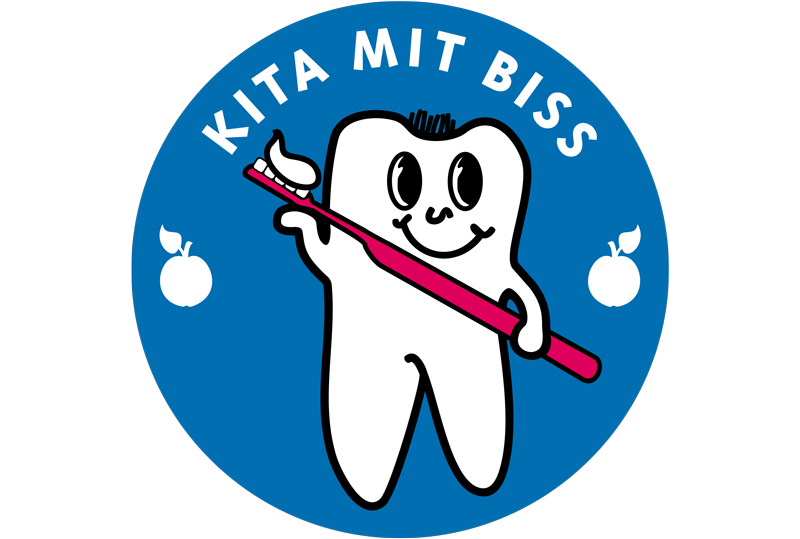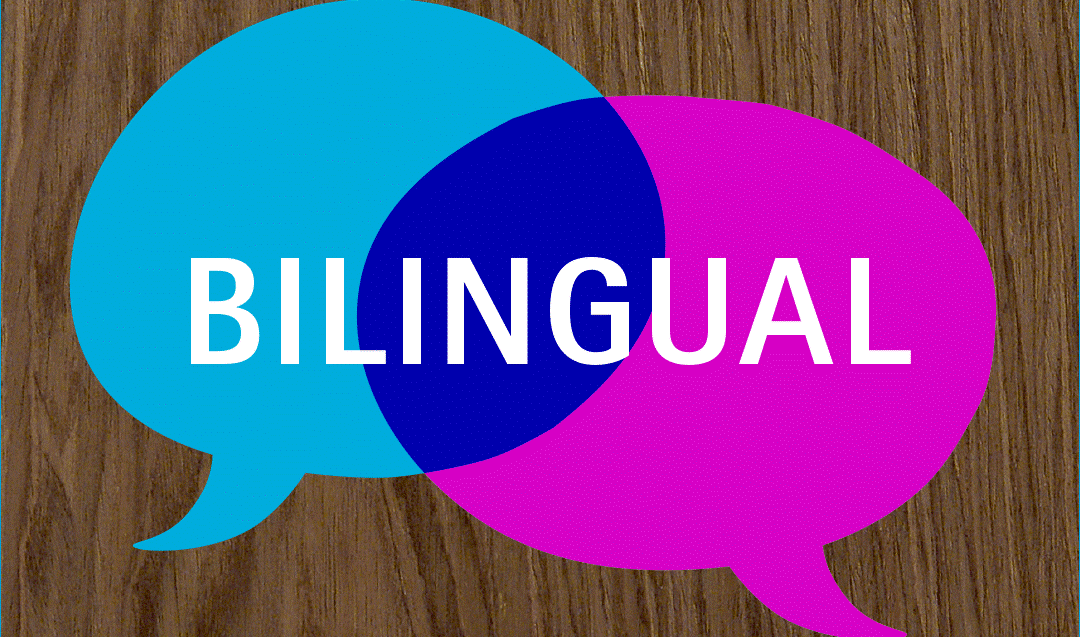What does it mean, bilingual zu sein? Only Vorteile und Benefits!
It happens all the time that our team is asked by people on excursions outside of school or on school trips where our students come from, whether from Germany or an English-speaking country. It’s unusual and pretty cool that the children and young people switch so naturally and quickly between German and English and play communicatively with the languages.
Bilingualism, the ability to speak two languages fluently, offers a wealth of benefits that extend far beyond mere linguistic abilities. In an increasingly globalized world, bilingual skills are becoming ever more valuable and can be advantageous in various aspects of life. Here are some of the main advantages of bilingualism:
1. Cognitive Benefits: Numerous studies have shown that bilingual individuals often exhibit enhanced cognitive flexibility. Constantly switching between two languages requires increased attention and the ability to shift between different thought patterns. This can lead to bilingual individuals being better at solving complex problems and adapting to new situations.
2. Improved Memory Performance: Learning and using two languages can enhance memory performance. Bilingual individuals constantly switch between the two languages, which can result in an increased ability for memory consolidation and retrieval. This can positively impact other areas of life, such as learning new skills or recalling information.
3. Cultural Understanding and Empathy: Learning a new language often provides bilingual individuals with insights into the culture and way of life of other people. This fosters a deeper understanding and greater empathy for individuals from different cultural backgrounds. Bilingualism can thus contribute to promoting intercultural relationships and reducing prejudices.
4. Professional Advantages: In a globalized economy, bilingual skills are highly sought after. Companies value employees who can communicate with customers and colleagues from different countries. Bilingualism can enhance career prospects and lead to higher salaries and better job opportunities.
5. Neurological Benefits: There is evidence to suggest that learning and speaking two languages can positively impact the brain. Bilingual individuals may have a reduced risk of neurodegenerative diseases such as Alzheimer’s and dementia. The constant challenge to the brain posed by switching between languages can increase neurological reserve and promote brain health.
6. Enhanced Communication Skills: Bilingual individuals are often better at expressing themselves and communicating their thoughts clearly, both in their native language and the learned language. Mastering two languages expands linguistic expression and fosters the ability for precision and nuance in communication.
7. Personal Development: Bilingualism can also contribute to personal development by boosting confidence and increasing self-efficacy. Mastering a new language requires commitment and perseverance, and overcoming these challenges can strengthen self-esteem and enhance feelings of personal capability.
Overall, bilingualism offers a multitude of benefits that can impact various areas of life. If you are interested, you can find an interesting article with more detailed information, references to relevant studies and specific tips for bilingual families here.

















